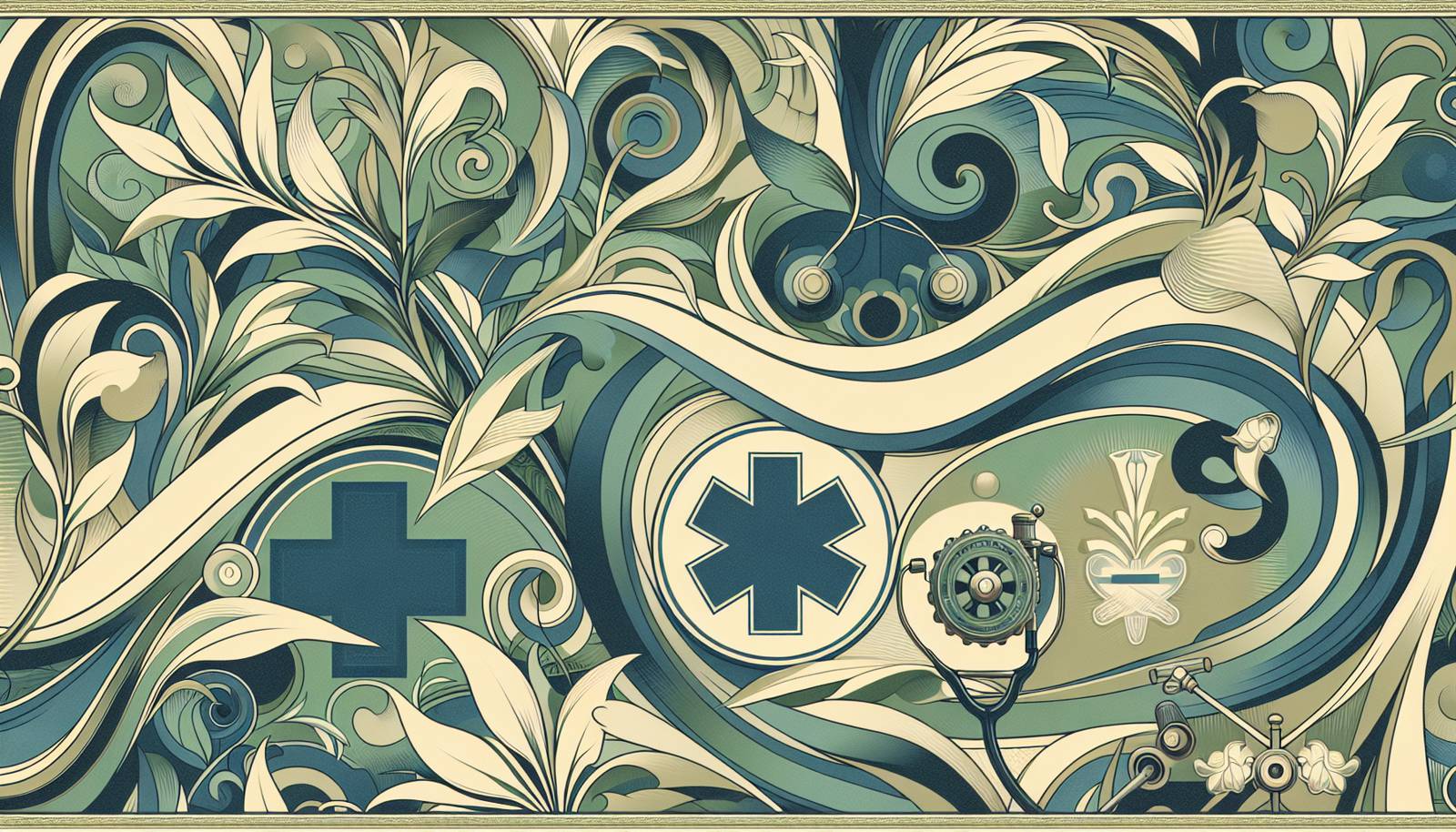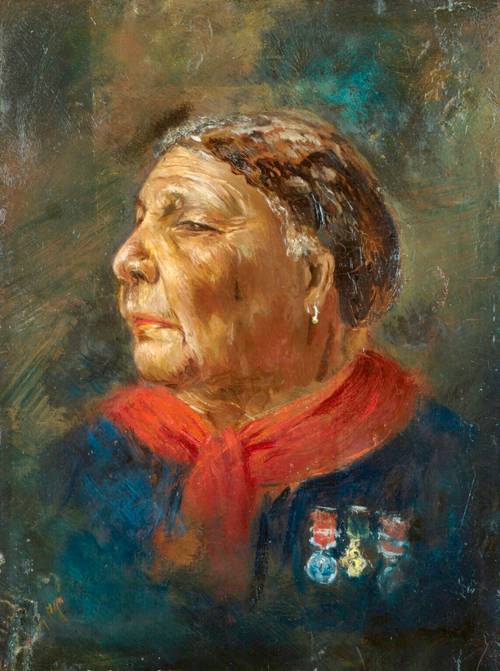
FAQ About Mary Seacole

Who was Mary Seacole?
Mary Seacole was a Jamaican-British nurse known for her service during the Crimean War. She was recognized for her compassionate care and for overcoming racial and gender barriers in the 19th-century medical field. Seacole independently provided support to soldiers, and her work is lauded for its impact on nursing and humanitarian care.

What contributions did Mary Seacole make during the Crimean War?
Mary Seacole made significant contributions during the Crimean War by setting up the 'British Hotel' near Balaclava. She provided a place for injured soldiers to receive care, food, and comfort. Beyond offering medical assistance, Seacole supplied warmth, compassion, and practical support, distinguishing herself from others at the time by her direct involvement on the battlefield.

How did Mary Seacole become involved in the Crimean War?
Mary Seacole became involved in the Crimean War after being denied entry to the official nursing contingent led by Florence Nightingale. Undeterred, she financed her own trip to Crimea, where she established the British Hotel. Her determination led her to independently offer her services to the soldiers, often working directly on the front lines.

What were some challenges Mary Seacole faced due to racial prejudice?
Mary Seacole faced significant racial prejudice throughout her life and career. Despite her extensive experience and skill as a nurse, she was denied a position with Florence Nightingale's team, likely due to her mixed-race background. She also faced financial barriers but overcame them through her resourcefulness, establishing her own independent operations despite the societal biases of her time.

How is Mary Seacole remembered today?
Mary Seacole is remembered as a pioneering nurse who made significant contributions to military nursing and care. Her legacy is celebrated for breaking racial and gender barriers, and she has been posthumously recognized with numerous honors, including a statue in London and being voted as the greatest black Briton in a 2004 poll. Her autobiography also plays a crucial role in preserving her story and achievements.

Did Mary Seacole write any books?
Yes, Mary Seacole wrote an autobiography titled The Wonderful Adventures of Mrs. Seacole in Many Lands. Published in 1857, it provides insights into her life, adventures, and experiences during the Crimean War. It is one of the earliest autobiographies by a mixed-race woman and remains an important historical document about her life and work.

Where was Mary Seacole originally from?
Mary Seacole was born in Kingston, Jamaica, in 1805. Her mother was of African descent and ran a boarding house known as 'Blundell Hall,' where Mary first learned about nursing and healing from observing her mother care for the sick and injured.

What is the significance of the British Hotel created by Mary Seacole?
The British Hotel was significant as it represented Mary Seacole's commitment to providing care outside traditional avenues, reflecting her independence and innovation. It served as a sanctuary for soldiers during the Crimean War, offering medical care, food, and a place for recovery. This endeavor highlighted her entrepreneurial spirit and compassionate approach to nursing.

How did Mary Seacole's background influence her nursing career?
Mary Seacole's mixed-race background and upbringing in Jamaica greatly influenced her nursing career. Educated by her mother, who was a traditional healer, she developed a strong foundation in herbal medicine and caring for the sick. Her diverse cultural heritage and personal experiences of racial discrimination fueled her determination to help others and break through societal barriers.

What recognition did Mary Seacole receive posthumously?
After her death, Mary Seacole was largely forgotten in mainstream history. However, recognition grew over time, especially from the late 20th century onwards. She has been acknowledged with numerous honors, including a statue near St Thomas’ Hospital in London, which was unveiled in 2016. Seacole has also become an icon in both British and Jamaican cultural history for her pioneering work in nursing.

What impact did Mary Seacole have on nursing?
Mary Seacole had a profound impact on nursing by challenging contemporary norms and practices. She introduced compassionate and holistic care methodologies and demonstrated the importance of cultural competence in healthcare. Her pioneering ventures laid the groundwork for more inclusive practices within the nursing profession, and her story continues to inspire future generations of nurses worldwide.

Why is Mary Seacole often compared to Florence Nightingale?
Mary Seacole is often compared to Florence Nightingale due to their overlapping periods serving during the Crimean War. While Nightingale is credited with modernizing nursing, Seacole is celebrated for her hands-on approach and ability to provide immediate, compassionate care. Despite differences in their methods, both women left significant legacies in the field of nursing, although Seacole's contributions were only widely recognized long after her death.

What was Mary Seacole's ethnic background?
Mary Seacole was of mixed race; her mother was of African descent and was a free woman, while her father was a Scottish soldier. This heritage provided her with a unique perspective and experience, which influenced her life and career, especially in facing and overcoming racial prejudices of her time.

Did Mary Seacole face financial difficulties during her life?
Yes, Mary Seacole faced financial difficulties, particularly after the Crimean War. Despite her successful ventures, such as the British Hotel, the costs and lack of official support left her in a precarious financial situation post-war. She eventually received support from her admirers and through public fundraising efforts in Britain, highlighting her significant public impact and the respect she earned.

What methods did Mary Seacole use in her nursing practice?
Mary Seacole combined traditional African and Caribbean healing practices with Western medicine in her nursing practice. She used herbal remedies and treatments learned from her mother in Jamaica, which were complemented by formal medical knowledge she acquired over time. This blend of techniques was innovative and contributed to her successful care provision during the Crimean War.

Was Mary Seacole ever officially recognized during her lifetime?
While Mary Seacole was well-known among the soldiers and war correspondents for her work during the Crimean War, she did not receive formal recognition or honors from the British government during her lifetime, primarily due to racial and gender biases. However, her contemporaries and those she assisted held her in high regard, as evidenced by the successful public fundraising efforts for her after the war.

How did Mary Seacole's early life in Jamaica prepare her for her later work?
Mary Seacole's early life in Jamaica, where she learned herbal medicine and caregiving from her mother, prepared her for her later work. Her exposure to her mother's traditional healing practices gave her a foundation in patient care, which she later adapted and applied during her service in the Crimean War. Her resilience and resourcefulness, forged in her early life, were crucial in overcoming the barriers she faced.

What personal qualities helped Mary Seacole excel in her role?
Mary Seacole's compassion, resilience, and determination were core personal qualities that helped her excel as a nurse and caregiver. Her ability to persevere in the face of adversity, combined with her entrepreneurial spirit and practical skills, enabled her to provide exceptional care during the Crimean War. Her warmth and empathy won the respect and admiration of those she cared for and worked with.

What legacy did Mary Seacole leave behind in the nursing field?
Mary Seacole left a lasting legacy in the nursing field with her groundbreaking approach to care and her challenge to racial and gender barriers. Her work has paved the way for future generations of nurses from diverse backgrounds, and she serves as an inspirational figure for her pioneering efforts in medical care during conflict. Her story continues to inspire diversity and inclusion within the healthcare profession.

When was Mary Seacole's contribution officially recognized in modern times?
Mary Seacole's contributions began to be officially recognized in the late 20th and early 21st centuries. In 1991, she was posthumously awarded the Jamaican Order of Merit. Her recognition further grew with campaigns to include her achievements in the national narrative and school curricula in the UK. In 2016, a statue was erected in her honor in London, marking a significant acknowledgment of her historical contributions.
